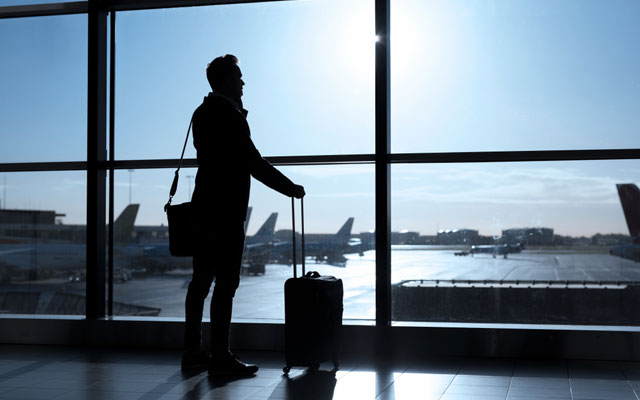Duty of care has become the battle cry for corporate travel managers now that domestic business trips are restarting in markets such as China, India and other parts of Asia.
This is as buyers have been frustrated by travel supplier services in managing disruptions amid the pandemic, citing situations where some airlines are not giving the option of refunds, the shuttering of hotels, and TMCs reducing staff numbers and work hours.

A corporate travel buyer from the pharmaceuticals industry commented: “There were a lot of cancellations in the beginning and the lag for issuance of invoices – usually two to three days – became two to three weeks, which affected our business movement controls and billings to the corporate card.
“When the TMC saw the problem, it outsourced the function to South Asia, and the local team was retrained to get on top of the situation.”
He added: “The market is now quiet, so TMCs can put staff on furlough and cut hours. Eventually they need to have their finger on the pulse.
“Moving forward, we would need our TMC to hit the ground running, and the airlines must be clear about scheduling and requirements because once our manufacturing standard operating procedure is enforced, it cannot be stopped.”
The buyer of another pharmaceutical company shared that “US$100,000 was spent last year – it is a lot of money – to work with our TMC to monitor our hotel programme”.
To manage costs this year, the company has opted to move away from static to dynamic hotel rates which come with fewer restrictions and allow the company to mix and match hotels depending on requirements.
She added: “It is complicated with airline cancellations. Many are giving refunds but the US carriers are offering credit. It is a problem because that is going back to the employee’s account and we are pushing our TMC to come up with a solution. The pharmaceutical industry is in demand now and we need our TMC to be proactive.”
With little business travel activity this year due to Covid-19 travel and movement restrictions, one Shanghai-based travel manager has found himself having to “carry over 2019’s pricing” in his RFP activity due to a lack of “meaningful data”.
He added: “Volumes and changes in the pattern of international travel have also become very controlled, and 2020 budgets will be conservative because many of our stores have closed, (impacting) sales and profit.
“Perhaps there will be no full 2020/21 RFP. With so many unknowns, we may have to rely on spot contracting. Flexibility is the key as we would have to review the situation all the time in moving towards recovery.”
During a May 13 Corporate Travel Community webinar that discussed the new state of travel programmes, Gavan Fraser, global head of travel and expenses, BHP, said duty of care and the travel manager’s role in rebuilding traveller confidence when international borders reopen, was now “front and centre”.
Rajdev Bhattacharya, Wipro’s global head of travel and hospitality, added the focus was also shifting to the traveller and “the ability for him to decide (to take or reject a trip)”, which was not so before.
“Of course cost and compliance will still be important, but convenience to the traveller will take centre stage,” he added.
In urging airlines to do more, Bhattacharya said the aviation ecosystem did not support multiple itineraries and changes, adding that aviation partners would have to change the way they work and distribute their products.
He believes that this would be possible post-Covid-19, as consolidation could result in a standard code of operation, with Fraser hopeful of a change in airline support for online booking tools by “talking to one another” to facilitate the booking and changing of multi-sector itineraries.





















